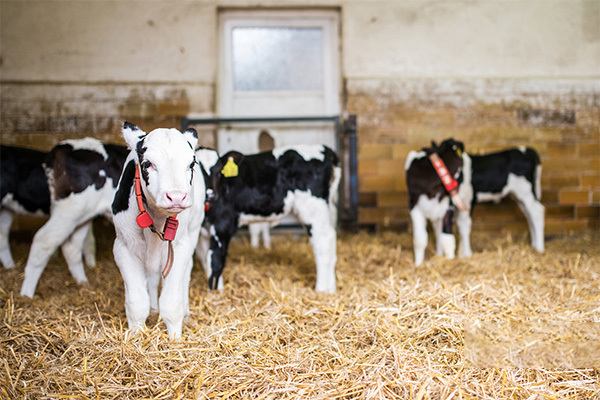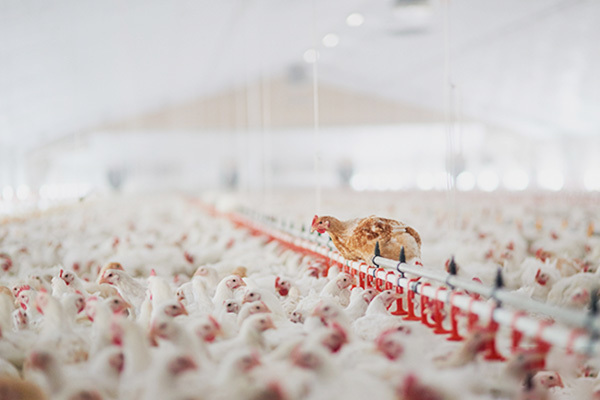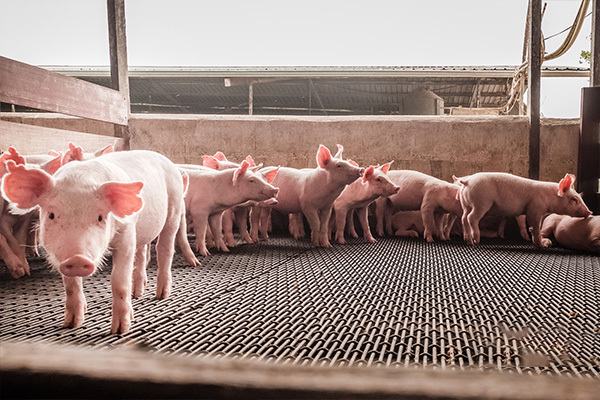How important is water on the health and productivity of your pigs?
Water is considered by a majority of swine nutritionists to be the most important of all nutrients required by pigs. At birth, water makes up about 82 percent of the pig’s body weight and steadily declines to about 50 percent for a pig at market weight. While water is a vital component of any livestock diet, the question remains; does the quality of drinking water influence health and performance of pigs? University of Minnesota researchers are set to address this question by looking at the impact of water quality on animal performance, gut health, and livability of nursery pigs.
Many producers ensure water is available and fresh; however, little is known about the effect of water quality on pig performance. This project will compare three different water sources (two deemed “bad”, and one “good”) when fed to nursery pigs. Through a series of video recordings, water sample collection, and data analysis, researchers will dive deeper into how water quality might influence pig behaviour, gut function, and immune system function.
The study will be conducted at the U of MN West Central Research and Outreach Center, Morris, MN. The need for such a study was raised by producer concerns and echoed by the Minnesota Pork Board.
“Water quality is an important factor within livestock production, and often times, receives too little attention,” Brent Frederick, Director of Research and Development at Christensen Farms, stated. “While we focus on the essentials of our pigs every day, in providing them feed, air and WATER, this research will allow us to fully understand the effects that water quality may have on the overall performance of our animals.”
The research team will also evaluate the range of water qualities currently being consumed in the Minnesota pork industry; such a data set currently does not exist for Minnesota or any other state. To participate in our water quality survey.
The results of the project will provide a more thorough understanding of gut function, which may allow producers to implement feeding programmes that encourage improved gut integrity, reduce negative impacts of pathogens in the gut, and therefore keep pigs healthy with less need for antibiotics. Improved pig performance and health will also reduce the carbon footprint of pork production which also garners support from customers.
Very likely, results of this project will have applicability to other livestock species.
Funding for this project is being provided by the University of Minnesota, Minnesota Pork Board, and Christensen Farms.
Related news







